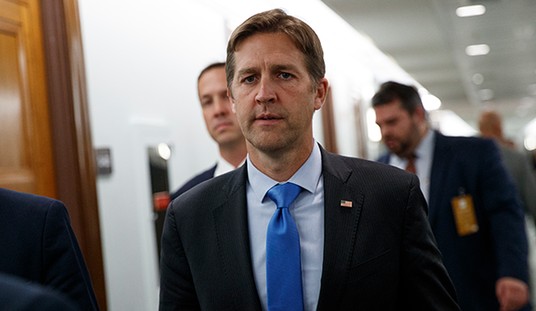I’ve been predicting that Russia would not send its army into eastern Ukraine, but stand back and let the country dissolve into chaos. The crisis erupted because the country is dead flat broke, after nearly $200 billion in aid over the past twenty years, most of it stolen. All the huffing and puffing about a new Hitler seizing a new Sudetenland in preparation for a Drang nach Westen is beside the point. The center ring of this bathetic circus has shifted to Beijing, where Vladimir Putin is negotiating the terms of a new Sino-Russian deal. This isn’t a fusion of the two countries by any means, but rather a cautious, self-interested alignment of interests. The Indian journalist M.K. Bhadrakumar, a former ambassador to Turkey and several Central Asian Republics, has a useful assessment on his blog today. Bhadrakumar is a sympathetic and canny observer of Russian policy.
The highlight of the two-day state visit by Russian President Vladimir Putin to China on Tuesday is probably going to be the signing of the long-awaited 30-year mega gas deal. The Russian media have been speculating such a strong possibility. The Chinese official remarks, however, remain cautiously optimistic and flag that the “main difference”, namely, over the price of gas, “still lingers.” To be sure, it is a political call now for the Kremlin.
Russia took a tough stance in the recent years insisting that the price of gas should be linked to the price of oil, which is the formula it maintains in dealings with Europe. With the passage of time, China’s negotiating stance (which rejected such a linkage), has strengthened.
Time worked in China’s favor. Beijing has been in no tearing hurry to conclude the deal while it kept lining up LNG supplies from other sources — Qatar and Australia — and kept up the momentum of overseas upstream investments, including in Canada, as well as boosting further supplies from Turkmenistan and other Central Asian countries.
China is also estimated to have the world’s largest source of shale gas. On the contrary, Russia’s negotiating hand has weakened. A ‘Look East’ strategy for energy exports is increasingly a matter of compulsion rather than of choice, as the United States pushes for Europe’s diversification of energy imports to reduce high dependence on Russia.
At any rate, Europe’s energy needs have come down and is preparing for an influx of North American feedstock. Suffice to say, for a variety of factors, the gas deal will now have to be struck on China’s terms. The Russian negotiators are practically left with no option but to compromise, even as the Russian economy moves into recession and increased income from the gas sale to China is becoming vital for Moscow.
The Russia-China natural gas deal is in many ways symptomatic of the true character of the two countries’ so-called bilateral “comprehensive strategic partnership of coordination.” Prima facie, the deal may create an impression of an emergent alliance between the two countries suggestive of a fundamental shift in global power balance.
But that will be a misperception. The painful birth pangs of the gas deal alone testify to a pragmatic partnership based on cool calculations of mutual benefit. The two countries “coordinate” selectively on international issues but have a long way to become alliance partners.
He concludes, “Essentially, an unbalanced relationship is moving progressively in China’s favor by the day. For Russia, it is going to be an entirely new experience, historically speaking, to settle for the role of a junior partner in relations with China.”
American policy–Administration as well as opposition–isn’t even wrong, as I have been warning for weeks. It is simply irrelevant. We aren’t looking at the whole chessboard. The German media signaled in March that sanctions against Russia will drive Moscow and Beijing closer together, and that is precisely what has happened. We indulged in a frenzy of impotent, self-consoling posturing against the nasty aggressive Russians, and succeeded only in toppling a pillar of Cold War diplomacy. We set out to propagate democracy in Eastern Europe, and helped to push Putin’s popularity rating at home above 80%. In the entire sorry history of US diplomacy, I can think of nothing that more resembles an own goal. Nice going, guys. Putin isn’t a genius. We are complete idiots.
We have urgent national security needs, but we don’t talk about them. Where is the sense of urgency, the Sputnik moment, over the fact that America depends on Russian rocket engines to launch its satellites? Where is the outcry over China’s ability to sink American aircraft carriers hundreds of miles from its shores? Where is the concern about Russia’s sale to China of its S400 air defense system (not the older S300 that Iran and Syria have tried to acquire)? The clock is ticking. It’s later than you think.
****
image illustration via shutterstock / valdis torms











Join the conversation as a VIP Member